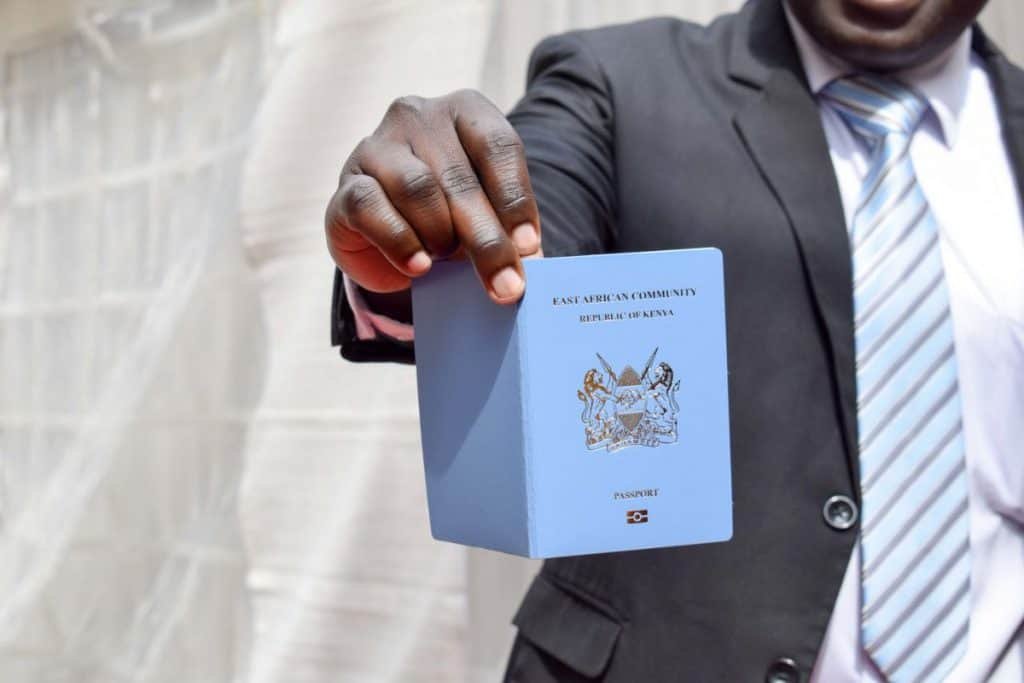Have you stumbled on Forex trading as a way of making money, either as a full or part time engagement?
If you have and are keen, there are basics you need to learn before you plunge into the deeper end of Forex trading, and here are some quick notes:
1. Educate Yourself: Start by gaining a solid understanding of the Forex market. Learn about basic concepts such as currency pairs, exchange rates, and how the market operates. Familiarize yourself with fundamental and technical analysis, as well as risk management strategies.
2.Educate yourself: Determine your objectives and trading goals. Are you looking to generate income, hedge against currency fluctuations, or simply learn about the market? Setting clear goals will help you stay focused and make informed trading decisions.
3. A reliable broker: Select a reputable Forex broker that suits your needs. Consider factors such as regulation, trading platform, fees, customer support, and available trading instruments. Open a demo account to practice trading without risking real money.
4. Develop a Trading Plan: Create a well-defined trading plan that outlines your trading strategy, risk tolerance, and money management rules. Your plan should include entry and exit points, stop-loss and take-profit levels, and the timeframe you will be trading in.
5. Start with a Demo Account: Begin by practising with a demo account provided by your broker. This allows you to familiarize yourself with the trading platform, test your strategies, and gain confidence without risking real funds.
6. Learn Technical and Fundamental Analysis: Study different methods of technical analysis, such as chart patterns, indicators, and candlestick patterns. Additionally, stay updated on economic news and events that can impact currency prices through fundamental analysis.
7. Risk Management: Implement proper risk management techniques to protect your capital. This includes setting appropriate stop-loss orders, not risking more than a certain percentage of your account on a single trade, and diversifying your trades.
8. Start Small: Begin trading with small position sizes and gradually increase as you gain experience and confidence. Avoid the temptation to overtrade or chase losses.
9. Keep a Trading Journal: Maintain a trading journal to record your trades, including the reasons behind each trade, entry and exit points, and the outcome. This will help you analyze your performance, identify patterns, and make necessary adjustments to your strategy.
10. Continuous Learning: Forex trading is a continuous learning process. Stay updated with market news, attend webinars or seminars, read books, and follow reputable trading blogs or forums to enhance your knowledge and skills.
Remember, Forex trading involves risks, and it’s important to approach it with a disciplined and patient mindset. Never risk more than you can afford to lose and be prepared for both profits and losses.








